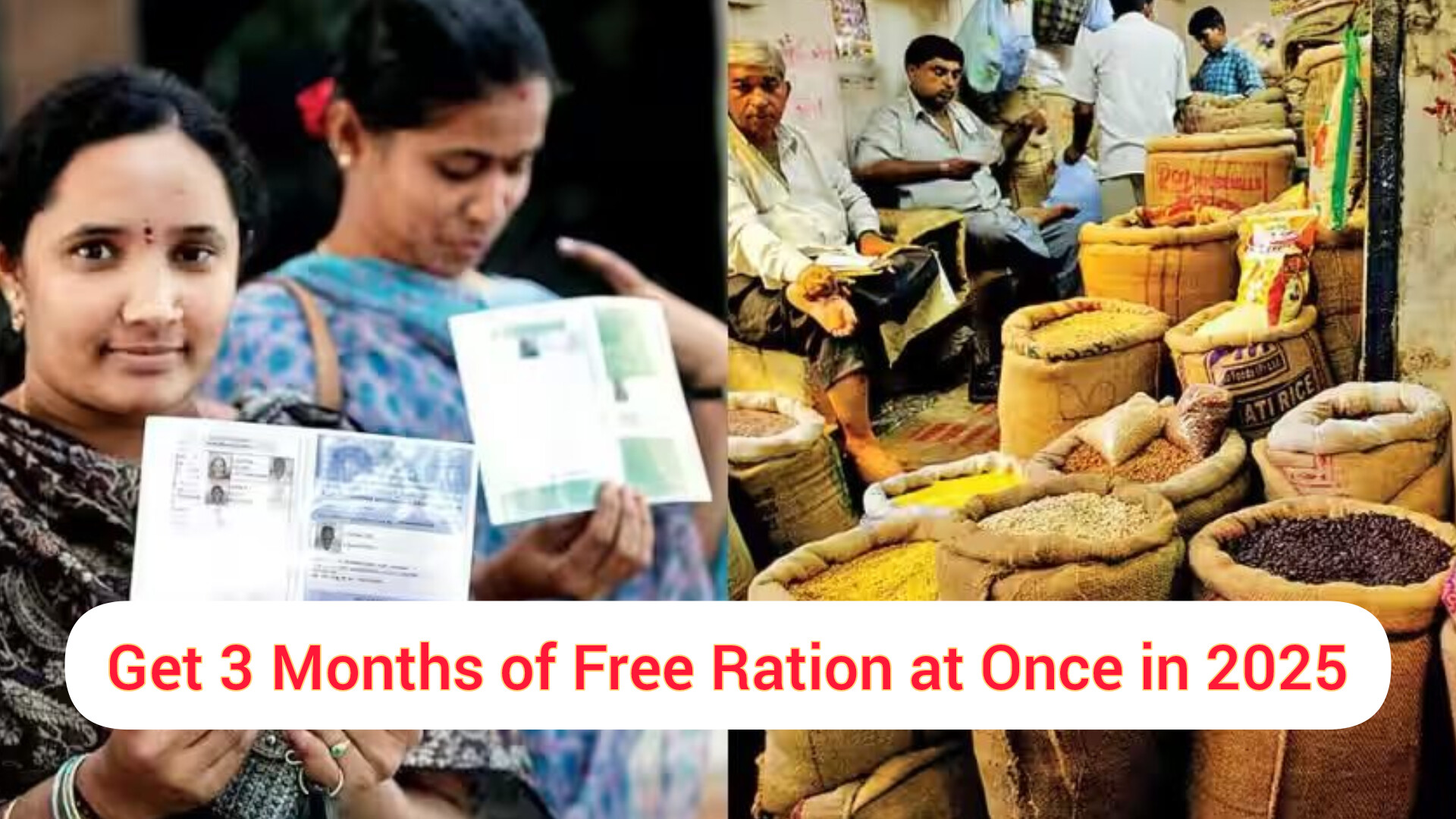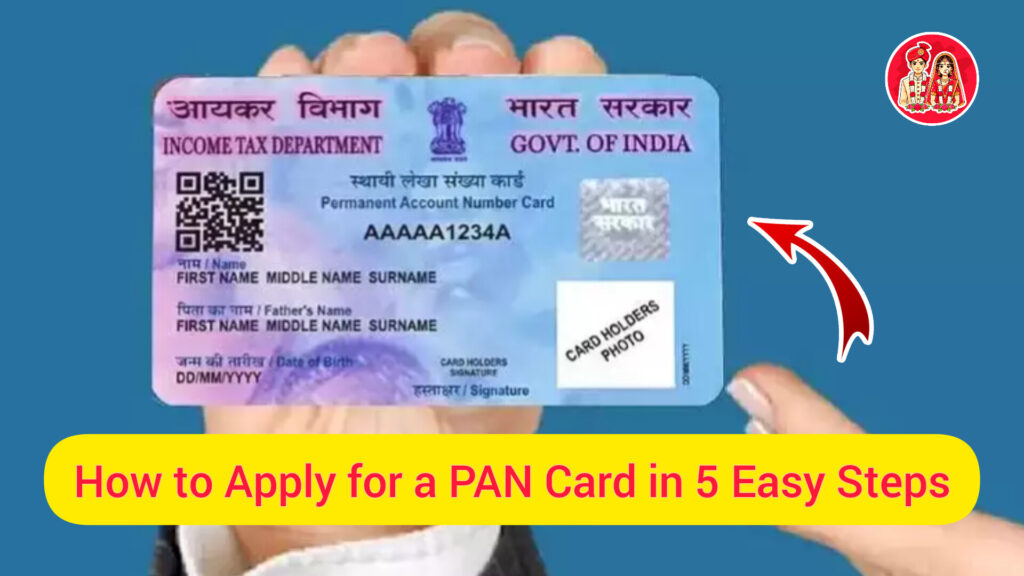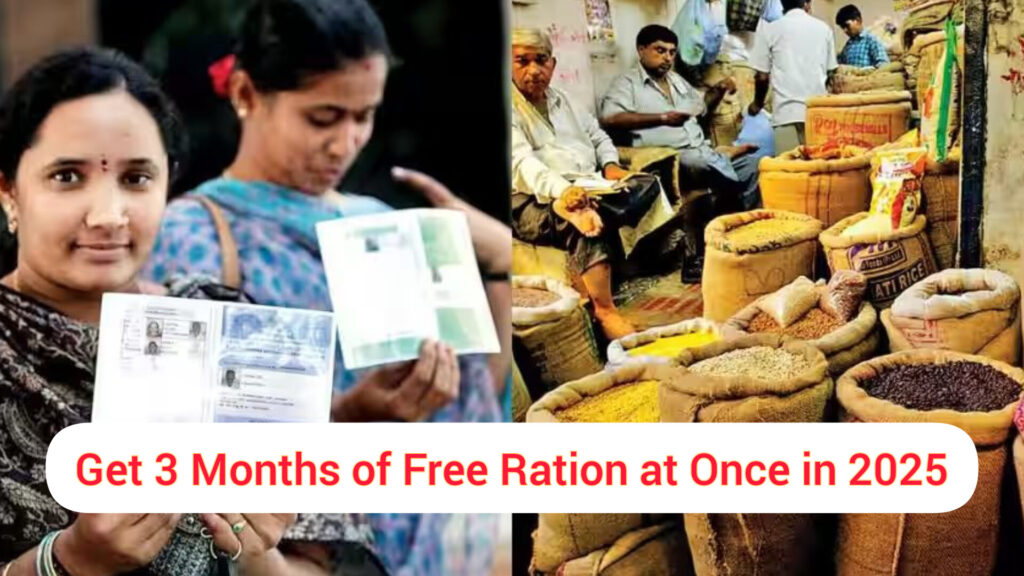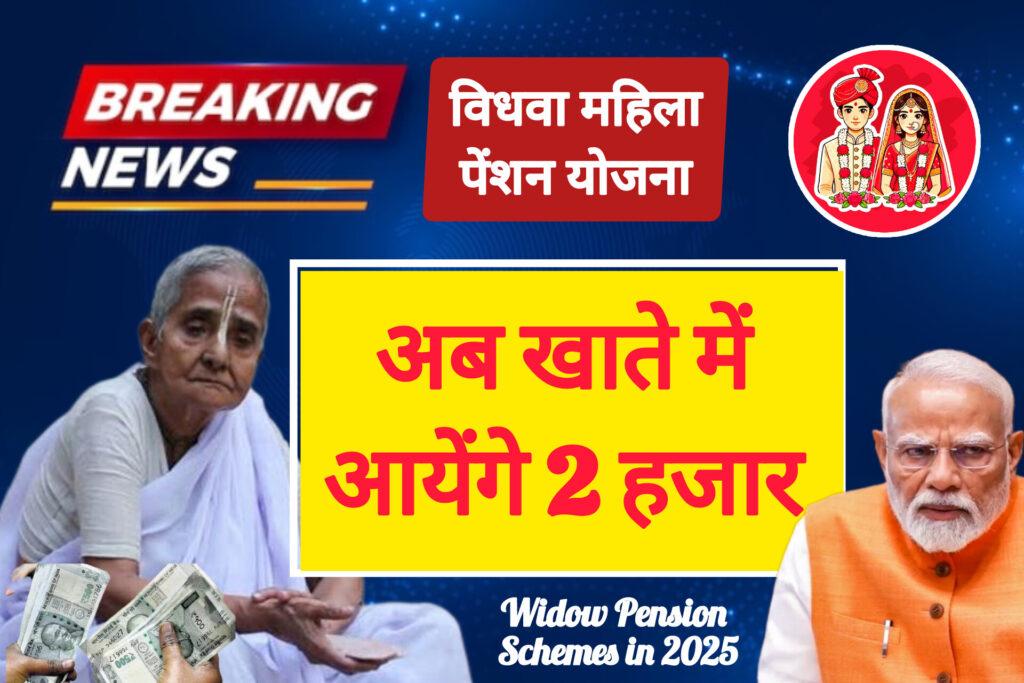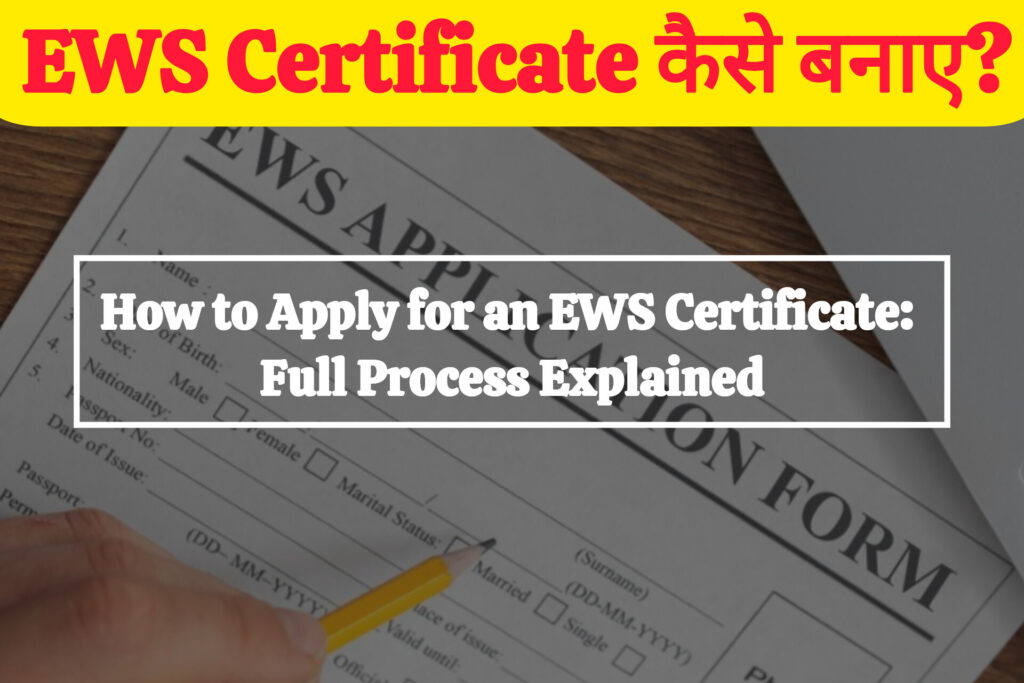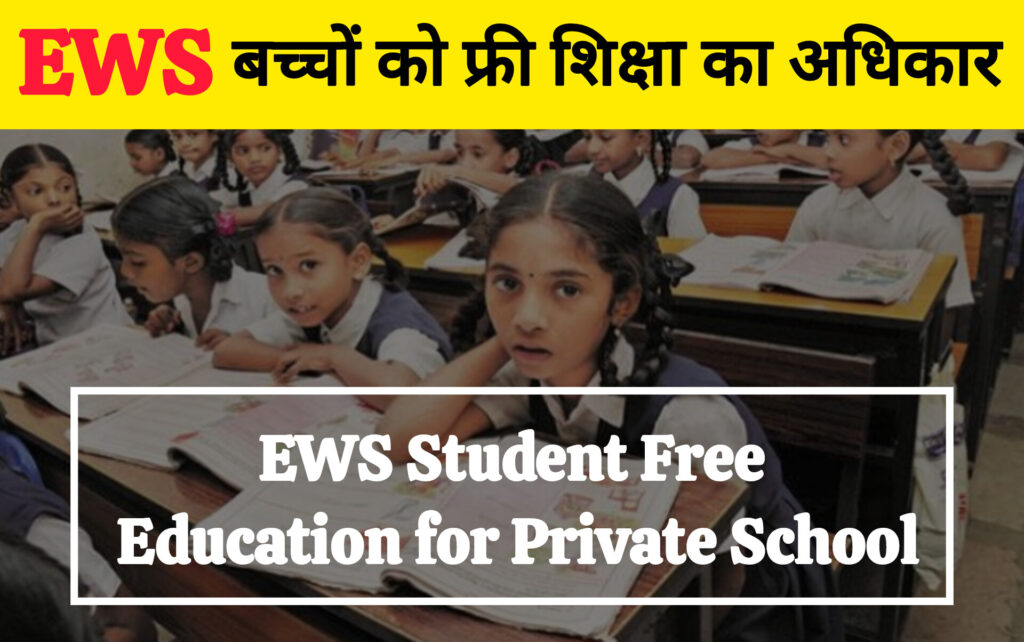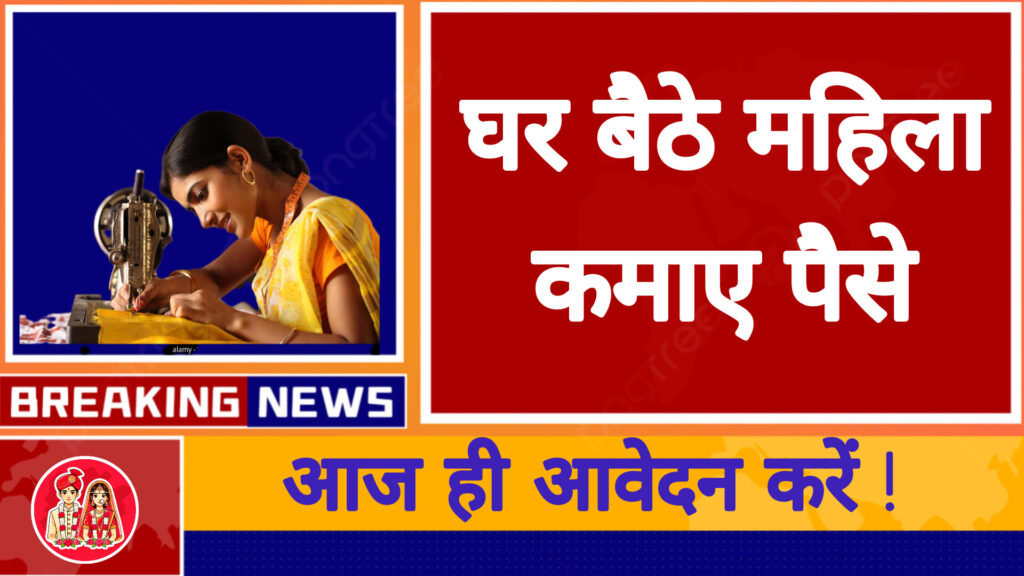Key Points
- It seems likely that ration card holders will receive 3 months of free ration at once for June, July, and August 2025 under the Pradhan Mantri Garib Kalyan Anna Yojana (PM-GKAY).
- Research suggests this initiative aims to manage excess food grain stocks and ensure efficient distribution, benefiting around 80 crore eligible beneficiaries.
- The evidence leans toward eligibility being limited to those with valid ration cards under the National Food Security Act (NFSA), such as Priority Household (PHH) and Antyodaya Anna Yojana (AAY) cardholders.
- There is a requirement for e-KYC verification, with a deadline of December 31, 2024, to continue receiving benefits, and failure to comply may lead to benefit suspension.
Distribution Details
The Indian government has announced a distribution of 3 months of free ration (for June, July, and August 2025) at once, likely in May 2025, as part of the PM-GKAY. This move is intended to ease storage pressure in Food Corporation of India (FCI) warehouses and ensure timely delivery ahead of new crop arrivals. States have been directed to lift their entire quota by May 31, 2025, with a possible grace period if needed.
Eligibility and Benefits
Eligible beneficiaries include those with valid ration cards under the NFSA, specifically PHH and AAY cardholders. Each beneficiary is entitled to 5 kg of rice, wheat, or both per month, totaling 15 kg over the three months. Recent updates emphasize the importance of completing e-KYC verification to prevent misuse and ensure transparency, with a deadline of December 31, 2024. Failure to complete e-KYC may result in a three-month suspension of benefits or permanent cancellation if not addressed within the stipulated time.
Verification and Support
To verify your status or complete e-KYC, you can visit your state’s Food and Civil Supplies Department website or contact your local ration shop. This initiative is a routine administrative measure to streamline distribution and support food security for the poor, and it does not appear linked to any political or external issues.
Comprehensive Report on Ration Card Update for 2025
The recent update regarding ration card holders in India, particularly under the Pradhan Mantri Garib Kalyan Anna Yojana (PM-GKAY), marks a significant shift in the distribution strategy for free ration, aiming to provide 3 months of rations at once for June, July, and August 2025. This report delves into the details, drawing from multiple news sources and social media updates as of June 30, 2025, to provide a thorough understanding of the initiative.
Background and Objective
The PM-GKAY, launched during the COVID-19 pandemic, is one of the largest food security programs globally, benefiting approximately 81.35 crore people, or about 56.81% of India’s population. The recent decision to distribute 3 months of free ration at once is driven by the need to manage excess food grain stocks in FCI warehouses and ensure efficient delivery ahead of the new crop arrival. This bulk distribution, scheduled for May 2025, aims to alleviate storage pressure and address potential logistical challenges, such as monsoon-related transport issues.
Distribution Timeline and Logistics
News articles from May and June 2025, such as those from The Times of India and Deccan Chronicle, indicate that the distribution for June, July, and August 2025 was to be completed in May 2025, with states directed to lift their entire quota by May 31, 2025. For instance, Telangana planned to distribute nearly 6 lakh metric tonnes of fine rice in June 2025 to cover the three-month period, while Madhya Pradesh began distribution from May 21, 2025. Recent X posts, such as one from June 23, 2025, by @IBC24News, mention that ration card holders in Chhattisgarh will receive three months’ ration at once until July 20, 2025, suggesting some flexibility in deadlines.
Eligibility Criteria
Eligibility is restricted to beneficiaries with valid ration cards under the National Food Security Act (NFSA), specifically Priority Household (PHH) and Antyodaya Anna Yojana (AAY) cardholders. PHH cardholders receive 5 kg of food grains per person per month, while AAY cardholders get 35 kg per household. This aligns with the scheme’s focus on feeding the poorest citizens through the Public Distribution System (PDS). The scale of this initiative, covering around 80 crore beneficiaries, underscores its role as a critical welfare measure.
Quantity and Type of Ration
Each eligible beneficiary is entitled to 5 kg of rice, wheat, or both per month, totaling 15 kg over the three months. For example, in Hyderabad, the allocation for June 2025 included 45,259.677 MTs of fine rice, 9,709.230 MTs of wheat at 5 kg per card, and 88.695 MTs of sugar at 1 kg per card, as reported by Deccan Chronicle on May 31, 2025. This distribution is facilitated through Fair Price (FP) Shops under the PDS, with ePoS receipts generated separately for each month to ensure accurate tracking.
E-KYC Verification and Compliance
A significant aspect of this update is the emphasis on e-KYC verification to ensure transparency and prevent misuse. The deadline for completing e-KYC was set for December 31, 2024, as mentioned in news reports and reinforced by X posts, such as one from @Jansatta on June 25, 2025, warning that failure to complete e-KYC by June 30, 2025, could lead to the suspension of free ration benefits. Another X post from @News18Odia on June 30, 2025, highlighted that 20 lakh 58 thousand cardholders in Odisha risked losing benefits due to non-compliance, with a three-month window to complete e-KYC to reinstate benefits, or face permanent cancellation.
The e-KYC process is crucial for maintaining the integrity of the distribution system, and beneficiaries are encouraged to verify their status or complete the process by visiting their state’s Food and Civil Supplies Department website or local ration shop. This measure is part of broader efforts to streamline the PDS and ensure that benefits reach the intended recipients.
Implementation and State-Specific Variations
While the policy appears nationwide, implementation details vary by state. For instance, Telangana’s Civil Supplies Commissioner issued orders for bulk release, citing potential rainy season transport problems, similar to bulk distributions during the COVID-19 period. In Madhya Pradesh, the one-time allocation for June to August 2025 was to be lifted and stored at fair price shops by May 31, 2025, as per The Times of India on May 11, 2025. These variations highlight the joint responsibility of central and state governments in operationalizing the PDS, with the central government handling procurement and bulk allocation, and states managing distribution.
Impact and Rationale
This initiative is described as a routine administrative measure to support food security for the poor, not linked to any political or external issues, according to news reports. By reducing the frequency of visits to ration shops, it saves time and effort for families, as noted in an article from June 15, 2025, on khariarautocollege.in. The bulk distribution also creates space in FCI godowns for new stocks, ensuring a smooth supply chain. The emphasis on early distribution, especially in monsoon-prone areas, aims to prevent inconveniences for beneficiaries, aligning with the scheme’s goal of providing nutritious food for community well-being.
Table: Summary of Key Distribution Details
| Aspect | Details |
|---|---|
| Period Covered | June, July, August 2025 |
| Distribution Month | Primarily May 2025, with some states extending to June/July |
| Eligible Beneficiaries | ~80 crore, with valid NFSA ration cards (PHH, AAY) |
| Monthly Entitlement | 5 kg rice, wheat, or both per person |
| Total for 3 Months | 15 kg per person |
| E-KYC Deadline | December 31, 2024 (with potential grace periods mentioned in recent updates) |
| State Deadline for Lifting Quota | By May 31, 2025, with possible grace period |
| Purpose | Manage FCI stocks, ensure timely delivery, address monsoon logistics |
Conclusion
The update for ration card holders to receive 3 months of free ration at once for June, July, and August 2025 under PM-GKAY is a significant step toward enhancing food security and streamlining distribution. While the policy is nationwide, state-specific implementations and the critical need for e-KYC compliance highlight the collaborative effort required. Beneficiaries are advised to verify their status and complete necessary verifications to ensure continued access to this vital welfare measure.

